Although Malcolm X spoke those prophetic words over 50 years ago, here today, we still see the fixation on what African celebrities have to say about our struggle for human rights and justice. This continues to be puzzling because African people possess some of the best social minds on the entire planet. We have benefited from the knowledge and wisdom of intellectuals and activists - the best combination to qualify someone to speak about our suffering conditions. From Marcus and Amy Garvey to George Padmore, W.E.B. and Shirley DuBois to Kwame Nkrumah. Sekou Ture. Malcolm X, Assata Shakur. Thomas Sankara. Mangeleso Sobukwe, Imbalia Camara and Kwame Ture. Every facet and factor of our existence has been explored, analyzed, and a path to salvation has been provided. Steve Biko and Franz Fanon told us about the psychology of 500+ years of colonialist indoctrination. They explained its impact on us and they devised things we need to do to disrupt this terrible hold on our mental health. Nkrumah, Ture, Sankara, Malcolm, Kwame Ture, Assata, and others have given us a clear path to liberation. Yet, with all that great experience and knowledge, when we want to analyze a police shooting today do we go to those minds first for their perspective? When we need a point of view on slavery who are we listening to? Who are we providing for our children to listen to? For the most part, we don't review and study any of those great minds on any of these questions. Instead, we want to know what Raven Symone has to say about our psychology of oppression. We're interested in how Steve Harvey views slavery. What's Pharrell's position on police shootings. How Bill Cosby interprets the African man's experience in a white supremacist society. What Kanye West thinks about the confederate flag. What is that? Why do we do that? There are probably a number of answers, but I'll take a stab at one theory.
Although we rarely talk about it and we certainly don't like admitting it, in 2015/16, we are still very much under the complete spell of neo-colonialist thought and values. What this means is we very much believe that we are inferior to the European and we have a deep seated fear of challenging the facets of our oppression. Most of us are much more interested in how to live with being oppressed than eliminating our oppression. We want progress without sacrificing for it and we still believe our best weapon against oppression to be appealing to the moral conscious of a people and society who if nothing else, have demonstrated that they do not have a conscious to appeal to. Celebrities, represent the segment of our population that has made it in the European capitalist world. Consequently, since we view the dominant European capitalist society as superior, we inherently view the Africans who have achieved "success" in that system as people we should want to emulate. In short, we still think like slaves and colonized people, viewing our master , and those he accepts, as the epitome of civilization. This is why we can live in an information based society where information is everywhere around us today, yet we are still very hesitant and unwilling to commit to spending the amount of time necessary to insure we can properly understand the forces that impact us. We want the easy way out and we view success through the eyes of our enemies. That's why we look to Nikki Minaj instead of Angela Davis because it doesn't require nearly as much time and effort and she has made the grade. And, with attention spans experiencing record low levels, we can get people much more keyed into what Minaj has to say then anyone of real substance. Plus, it won't get anyone in any type of potential trouble. Its a great recipe for continued slavery, but if your goal is liberation and justice, that road ain't gonna cut it.
Now, none of this is a judgment against the minds of the celebrities. Many of them are very intelligent and there are actually a number of them who have produced some pretty strong political material in songs, poems, stage plays, etc., that have been shelved because of a lack of interest by the entertainment industry in focusing on such material. The problem isn't the celebrities themselves. Its the fact the masses of people are disorganized. What this means is Sekou Ture (one of those great minds I mentioned) told us many years ago that the masses of people shape culture, the cultural artist doesn't shape the minds of the masses. If you want evidence of that, look at the 1960s. Fela Kuti was really clear in interviews when he said his passion and music was inspired by coming to the U.S. and meeting Black Panthers who helped him wake up. His best music is a reflection of that connection. When people demand more from the artists the artists are forced to step up their game. That's why the 60s saw the Isley Brothers singing "Fight the Power" and "Harvest for the World" and "The Pride." It's also why that same group in the 80s, the me decade, were singing "Between the Sheets." So we know that the artists are capable of more than what we hear today from people like Raven and Steve Harvey, but we won't get it if we don't push them for it. So, if we want more from them, instead of sharing and forwarding their statements of ignorance, why don't we refuse to support them until they speak like they have some respect for us. If we boycotted Pharrell's music as a way of letting him know we don't want to hear his idiotic views on the lack of racism, then maybe we can hit him where it hurts so that he has to think first before he sells us out next time.
The healthy road is one that recognizes the people most coveted by our enemies are the people most harmful to our existence. The people most hated by our enemies are the people we should want to know as much about as possible. So, instead of shunning those great minds, who were and are certainly hated by our enemies, get as close and intimate with them as you possibly can. It's in your best interests to do so. And, instead of uplifting celebrity ignorance, we should decide to hold them accountable when they express it.
If you wanted brain surgery for a serious neurological problem, you wouldn't go to a clerk at 7Eleven and ask them to perform that surgery. Nothing against the clerk as they are a vital component to the society we reside in, but you wouldn't trust them to carry out your surgery because you have respect for your ability to survive and you want the best to insure that can happen for you. Well, we have to respect our struggle for justice as much if not more. So, consider that promoting ignorant views expressed by those who are respected in the capitalist world is not good for us. And, how will you know those views are ignorant? You will have to dedicate yourselves to reviewing the perspectives of those who were qualified to provide an informed opinion - the criminalized genius of our commitment to liberation.. Make 2016 the year you read Amy Garvey's "Garvey and Garveyism." Nkrumah's "Class Struggle in Africa." Ture's "Africa on the Move." Fanon's "Black Skin/White Masks." Churchell's "The FBI's Secret War to Destroy the Black Panther Party and the American Indian Movement." Elaine Brown's "A Taste of Power." The list is endless, but its a path we have to take if we desire to see ourselves put a stop to the ongoing disrespect and minimizing of our people, our suffering, and our glorious and difficult road to victory.
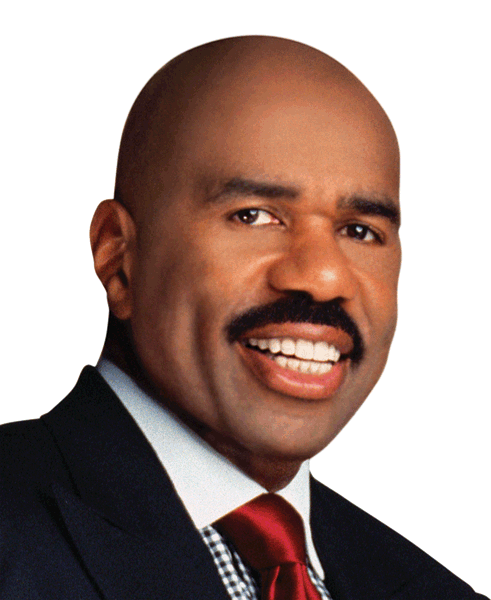

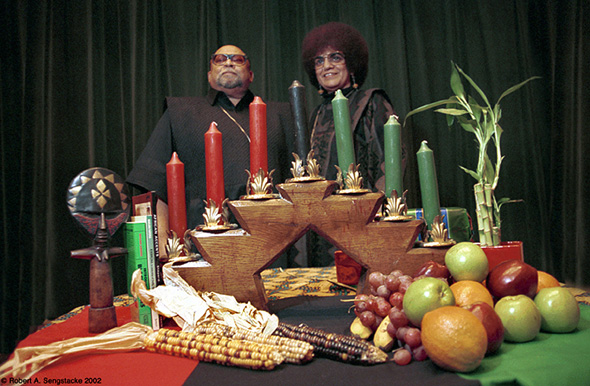

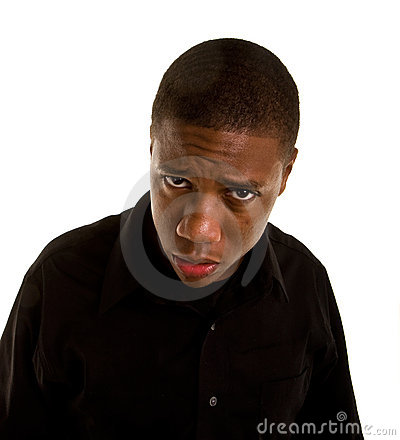
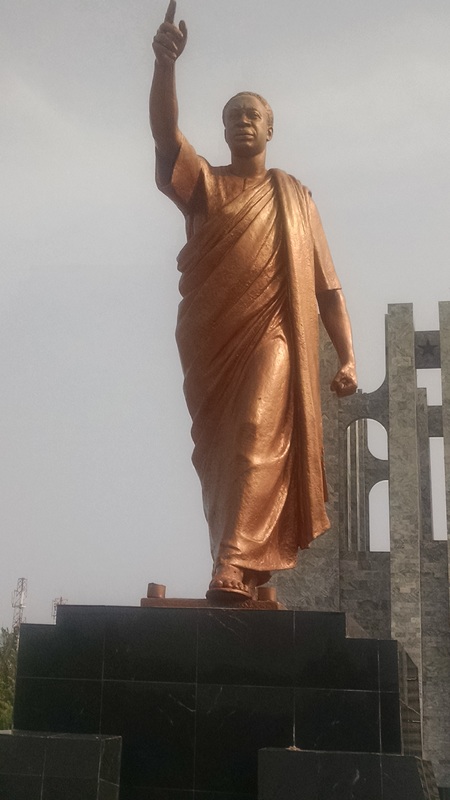
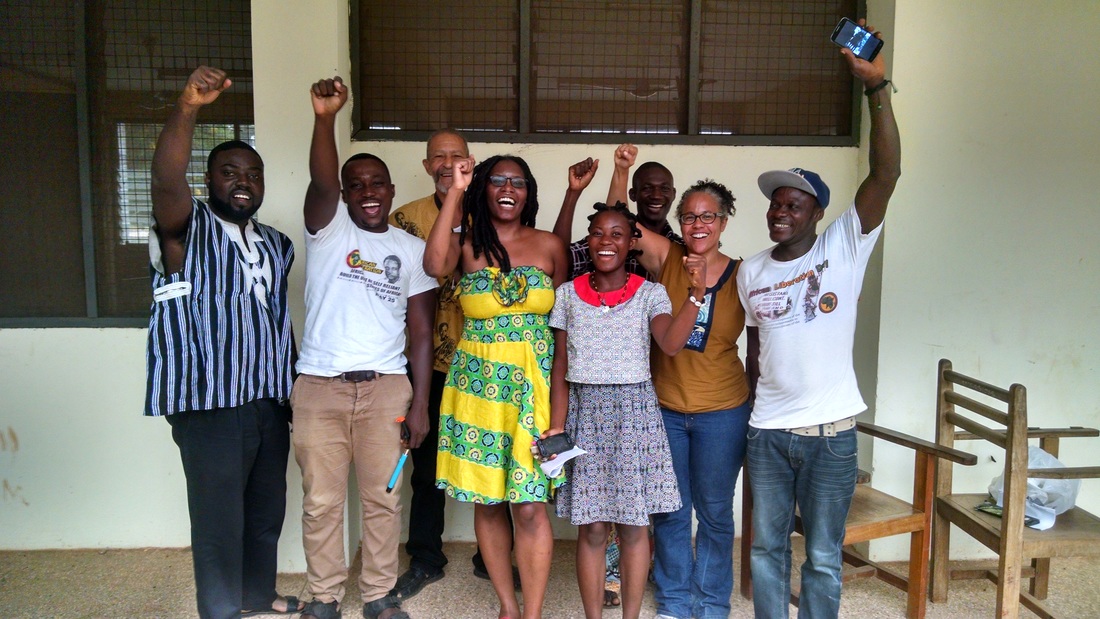
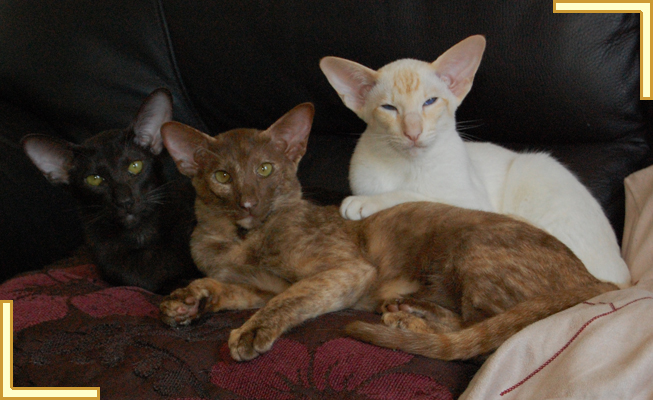
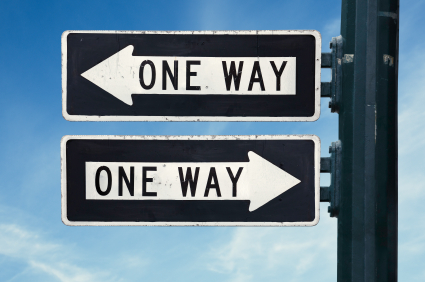
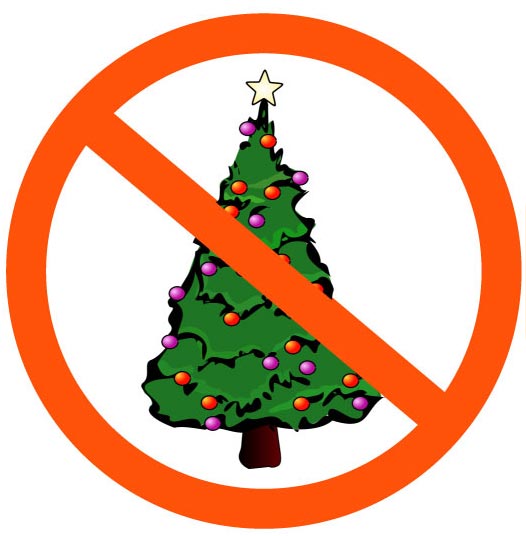




 RSS Feed
RSS Feed
